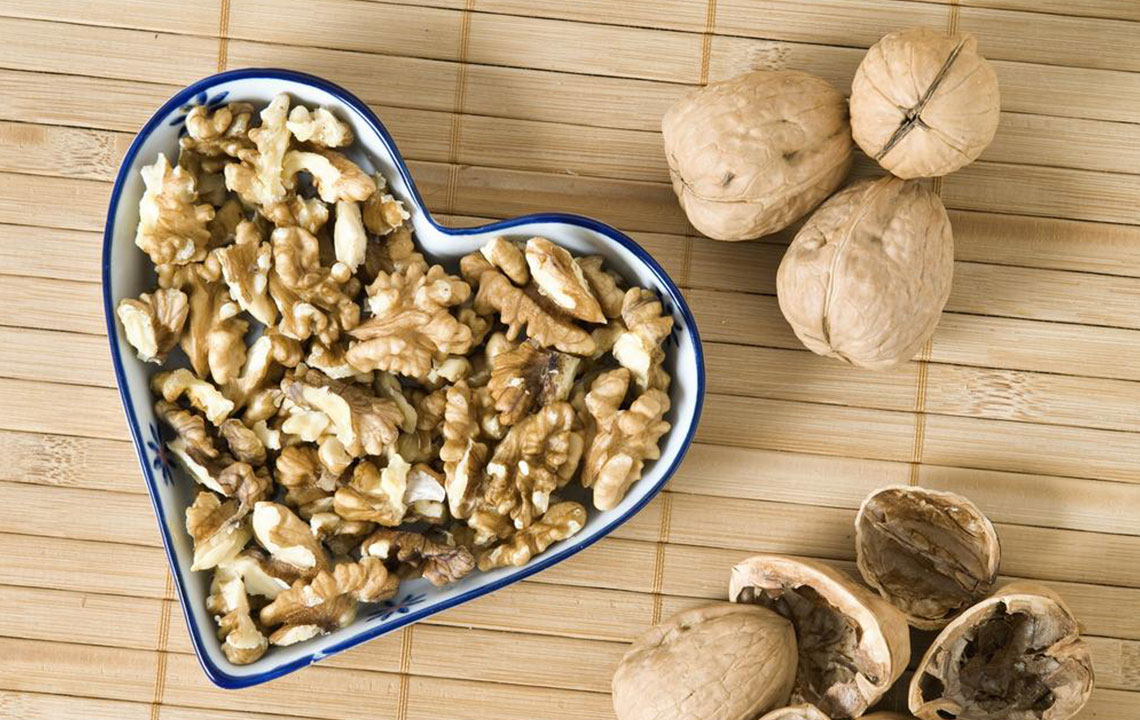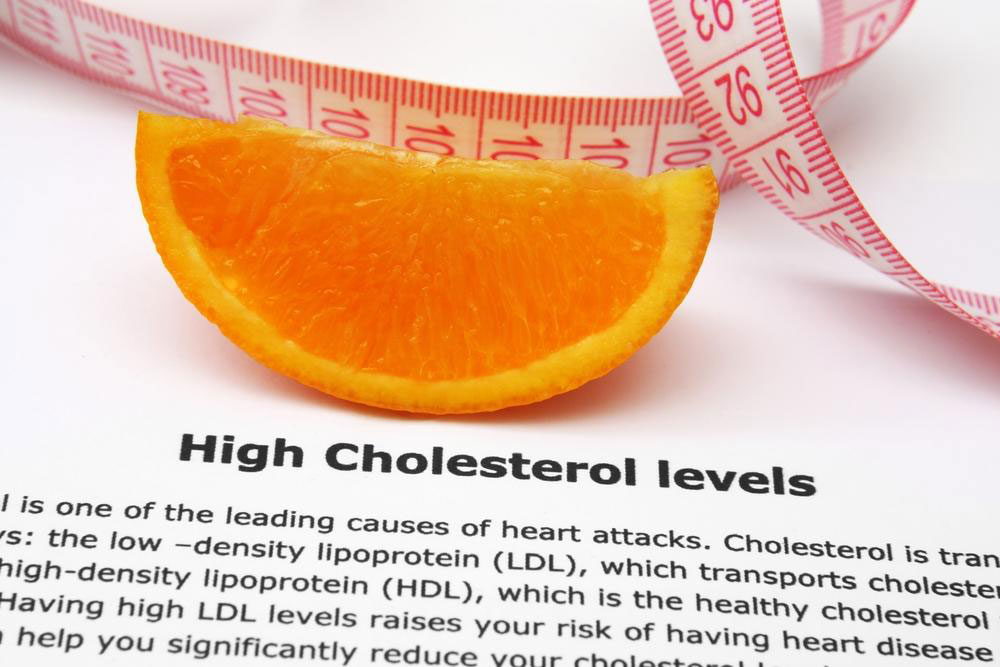Comprehensive Natural Approaches to Lower Cholesterol Levels Effectively
Discover effective natural strategies to lower cholesterol levels with dietary changes, lifestyle modifications, and health-conscious habits. This comprehensive guide emphasizes the importance of omega-3 rich foods, fiber intake, healthy oils, and regular exercise in maintaining balanced cholesterol levels for improved heart health and disease prevention.

Comprehensive Natural Approaches to Lower Cholesterol Levels Effectively
Cholesterol, a waxy substance found in our bloodstream, plays an indispensable role in maintaining human health. It is a fundamental component of cell membranes, contributing to cellular integrity and function. Moreover, cholesterol is essential for the synthesis of vital hormones such as estrogen, testosterone, and corticosteroids. However, the key to health lies in maintaining optimal cholesterol levels. Elevated cholesterol, especially low-density lipoprotein (LDL), often termed "bad" cholesterol, can lead to the buildup of plaques in arteries, increasing the risk of cardiovascular diseases such as heart attacks and strokes. Conversely, high-density lipoprotein (HDL), known as "good" cholesterol, helps remove excess fats from the bloodstream, offering protection against heart-related conditions.
Understanding the delicate balance between these two types of cholesterol is crucial. Our bodies naturally produce cholesterol in the liver, which is essential for various physiological processes. Additionally, diet plays a significant role by contributing sources of both beneficial and harmful fats. Consuming a diet high in saturated fats and trans fats can elevate LDL levels, whereas foods rich in unsaturated fats, fiber, and certain nutrients can enhance HDL levels and reduce LDL levels. Therefore, adopting effective dietary and lifestyle habits can help naturally manage and lower cholesterol levels, reducing health risks and promoting overall cardiovascular wellness.
To achieve healthier cholesterol levels through natural means, consider integrating the following lifestyle modifications and dietary choices:
Consume foods rich in omega-3 fatty acids: Incorporate fatty fish such as salmon, mackerel, sardines, and albacore tuna into your weekly diet. Omega-3 fatty acids are renowned for their ability to elevate HDL cholesterol and improve overall heart health. Regular intake of these fish can also help reduce inflammation and prevent plaque formation in arteries.
Increase dietary fiber consumption: Fiber, especially soluble fiber found in oats, barley, beans, lentils, fruits, and vegetables, plays a vital role in cholesterol management. It binds with cholesterol in the digestive system, facilitating its removal from your body. Consuming high-fiber foods is associated with lower LDL levels and improved cardiovascular health.
Use healthy oils: Replace refined vegetable oils with heart-healthy options like extra virgin olive oil, avocado oil, and nuts oils. Olive oil, rich in monounsaturated fats, helps boost HDL levels and maintains arterial flexibility, reducing the risk of blockages.
Incorporate beneficial herbs and spices: Turmeric, basil, rosemary, and garlic are known for their antioxidant and anti-inflammatory properties. Regularly adding these to your meals can aid in lowering cholesterol levels and protecting your arteries from oxidative stress.
Limit intake of saturated and trans fats: Reduce consumption of processed and fast foods, full-fat dairy products, red meats, and baked goods that contain trans fats. These fats significantly contribute to increased LDL cholesterol and should be minimized to maintain healthy blood lipid levels.
Choose whole grains over refined grains: Switch to brown rice, whole wheat bread, and other whole grain products. Whole grains are an excellent source of dietary fiber, which enhances cholesterol elimination and supports heart health.
Maintain a regular physical activity routine: Engaging in aerobic exercises such as brisk walking, jogging, swimming, or cycling for at least 150 minutes weekly can effectively raise HDL cholesterol, lower LDL cholesterol, help control weight, and improve overall cardiovascular health.
Manage stress and avoid smoking: Chronic stress can negatively impact cholesterol levels. Additionally, smoking reduces HDL levels and damages blood vessels. Incorporating stress reduction techniques like meditation, yoga, or deep breathing exercises, alongside quitting smoking, can produce significant benefits for cholesterol management.
Monitor your health regularly: Regular check-ups with your healthcare provider allow for monitoring your cholesterol levels and adjusting your lifestyle or medications accordingly. Personal health tracking ensures proactive management of cardiovascular risks.
Adopting these natural strategies promotes not only effective cholesterol management but also a healthier lifestyle that benefits overall well-being. The journey towards better heart health involves consistency, balanced nutrition, physical activity, and stress management. These comprehensive approaches support the body's natural ability to regulate cholesterol efficiently, thereby reducing the risk of cardiovascular diseases and enhancing longevity.





